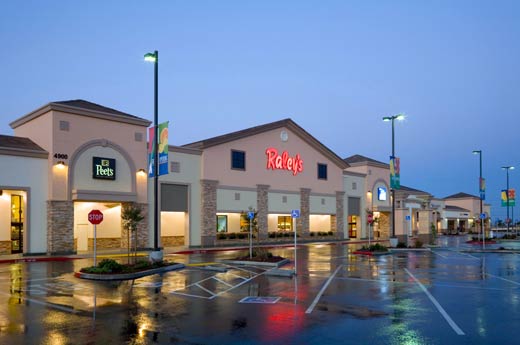Labor Troubles Threaten Competitiveness of Top-Rated California Grocer

In the May issue of Consumer Reports magazine, Northern California regional grocer Raley’s ranked in the top 10 of grocery stores nationally, which makes the food chain’s labor problems all the more poignant.
Raley’s weakest area in the survey was prices, and the company is now in a desperate negotiation with its union to help lower those prices by bringing down some of its labor costs. Wednesday’s (May 2) Sacramento Bee reports:
“Following months of negotiations, the struggling West Sacramento grocer suspended talks and declared it will submit its ‘last, best and final contract offer’ to the United Food and Commercial Workers (UFCW).”
Raley’s actions in pulling out of further talks portends a possible strike by the union, which has to either walk out or accept cutbacks in healthcare and other compensation. The UFCW accuses Raley’s of playing a “reckless game of chicken,” according to the Sac Bee, and says it’s not buying the company’s argument that it needs such deep union concessions to remain competitive.
The grocery chain contends that it simply can’t compete against big box competitors including Wal-Mart, which is a non-union shop, and which is, according to the Bee, “devouring market share.”
While Wal-Mart ranks near the bottom of Consumer Reports’ list of grocers, it ranks high in one category: grocery prices. Despite its poor ratings for service, cleanliness and selection – the other aspects of the magazine’s ratings system – Wal-Mart has become the nation’s leading grocery chain. In this day of troubling economic news, price trumps everything.
Raley’s may well be depending on the poor economy to keep its UCFW members on the job.
“We do not expect the employees to vote for a strike,” wrote Chief Executive Michael Teel in a memo to employees. He noted that the company is asking its union employees to accept the same deal currently offered to non-union workers.
The union is in a tough spot. Despite its posturing, it cannot help but see the handwriting on the wall as big box stores including Wal-Mart, Costco and Target put their marketing might into the grocery business. (Of this group, only Costco ranks as a top tier supermarket in the Consumer Reports ratings). Wal-Mart is on the brink of opening some grocery-only stores in small communities. These outlets will add convenience and service to Wal-Mart’s already prodigious pricing prowess.
Among other high-ranking grocery chains is Trader Joe’s, a non-union shop that features small stores, personal service and good prices. Such alternative shopping outlets have cut deeply into the business of Raley’s and other major grocers such as Save-Mart and Safeway. Save-Mart is currently in negotiations with the UCFW, but has not reached the kind of stalemate that Raley’s is experiencing.
As an alternative to an immediate strike, the union could temporarily accede to Raley’s demands, but file a grievance with the National Labor Relations Board. But for the grocer, a strike presents some genuine dangers.
Suppliers and non-union workers might not cross the picket line; and customers may elect to shop at other grocery stores rather than put up with the hassle of striking workers. The risk for a chain store like Raley’s that depends on customer loyalty is that its customers may stay away even after the strike is settled.
“One of the most dangerous things you ever want to do is send your customers to somebody else’s stores,” said Raley’s spokesman John Segale. “The strike’s over and they don’t come back.”




